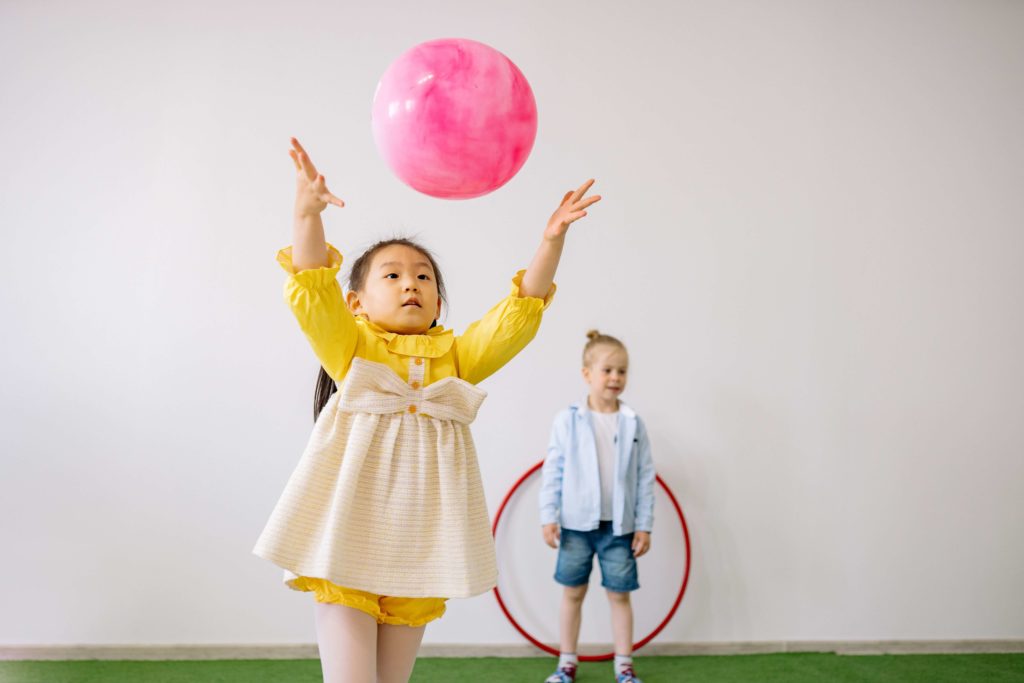No one becomes great by believing they will fail. Success requires us to have faith in our abilities, and the same thing holds true for Montessori elementary school students. As you will see here, self-esteem is crucial for developing a variety of childhood development goals, from building muscle tone and becoming better coordinated to learning about science, math, and the arts of language.
- A Love of Learning
Helping children become engaged in learning is at the core of the Montessori Method, and requires children to have confidence in their own abilities. Montessori elementary school students are presented with activities and lessons that are interesting, with the same freedom to pursue their own educational goals as younger Montessori children. The idea is that by encouraging children to want to learn, those kids will apply themselves more readily and achieve a higher retention rate in the bargain.
- Social Interaction
In the Montessori environment, children learn from each other in the course of team activities, physical exercise, and academic engagement. In order to be supportive of others– and to have the courage to need a little assistance themselves– children need to develop a strong sense of self-esteem and personal capability. Lack of self-confidence inhibits a child’s interest in social interaction, incidentally hampering their ability to learn from their peers.
- Physical Development
Physical development is a critical part of childhood activities. Elementary school children run and climb and throw. This type of activity is typically associated with group activities and many children are self-conscious about their ability to perform well in particular activities. Before a child will develop to the level she is capable of, she must have confidence in her ability to achieve goals, perform physical actions, and be accepted by her peers as she hones key physical skills.
- In the Words of Henry Ford
Henry Ford founded the Ford Motor Company and ushered in the industrial revolution by envisioning the assembly line. He is remembered for many things, including the famous quote, “Whether you think you can, or think you can’t, you are correct.” This is a critical aspect of the Montessori Method as well because Maria Montessori understood that children sometimes hinder their own progress when they are afraid that they will fail.
Self-esteem is crucial for children to apply themselves completely to tasks, try new things, and maintain an enthusiasm for the discoveries of childhood. It is needed to interact appropriately with others, take chances, and even accept when things do not go as planned without reacting adversely.
